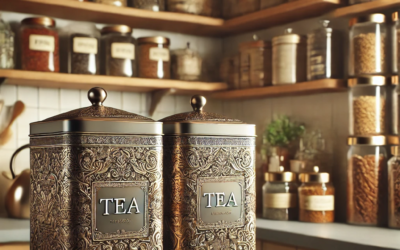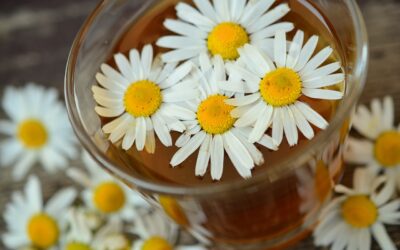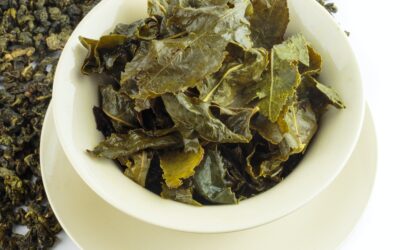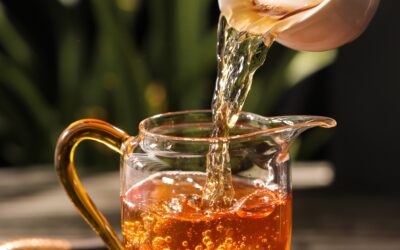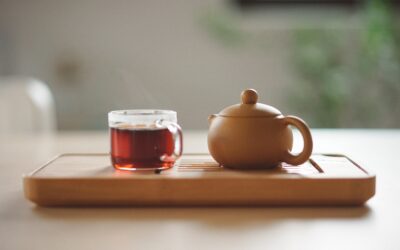As a self-proclaimed tea connoisseur, I take my tea seriously. I’ve experimented with various tea leaves, brewing times, and water temperatures to achieve the perfect cup of tea. But there’s one often overlooked factor that can make or break your tea-drinking experience: the water you use. Trust me; it matters! So, which type of water is best for brewing that flawless cup of tea??
What is the best type of water for making tea to maintain its flavor?
When it comes to brewing tea, the quality of water can significantly impact the taste and aroma of your cuppa. The right water can enhance the natural flavors of the tea leaves, while poor-quality water can leave your tea tasting flat or even bitter.
So, what’s the best type of water for making tea? Well, I’ve done my research, and I recommend using filtered water. Filtered water can remove impurities that can affect the taste of your tea, such as chlorine, heavy metals, and other contaminants. You can use a high-quality water filter or invest in a water purifier to ensure you’re brewing with the cleanest water possible.
How do calcium and other minerals impact the taste of our tea?
Now, let’s talk about calcium, the essential mineral that our bodies need for strong bones and teeth. Calcium is naturally present in many water sources, and it can affect the taste of your tea.
Some studies suggest that water with high calcium levels can result in a “hard” water taste, which can make your tea taste bitter or astringent. On the other hand, water with low calcium levels can produce a softer, smoother cup of tea. It’s all about finding the right balance.
Minerals, including calcium, can play a crucial role in the taste of your tea. When you brew tea, the minerals in the water can interact with the compounds in the tea leaves, affecting the extraction of flavors.
Calcium, in particular, can bind to catechins, which are antioxidants found in tea, and reduce their extraction during brewing. This can result in a milder, less astringent flavor in your tea.
Other minerals, such as magnesium and potassium, can also impact the taste of your tea. Magnesium, for instance, can help to enhance the natural sweetness and smoothness of tea, while potassium can contribute to a softer, rounder flavor profile.
The importance of having the right pH balance
Achieving the ideal pH balance of water for brewing tea can be crucial in maintaining the true flavors of your tea leaves. Water with a neutral pH (around 7) is generally considered the best for brewing tea.
If you’re curious about the pH of your tap water, you can purchase pH test strips from a hardware, or online. If your tap water has a high pH, you can lower it by using a water filtration system or by adding a pinch of baking soda to your water before brewing your tea. Conversely, if your tap water has a low pH, you can raise it by adding a small amount of food-grade calcium carbonate or a piece of clean eggshell to your water. Or so I’ve been told by my elders, I have not tried any of this and cannot confirm.
Another practical tip is to avoid using distilled water for brewing tea, as it is usually too pure and lacks the minerals needed to enhance the flavors of the tea. Opt for filtered water or spring water instead, which can provide a good balance of minerals for a more enjoyable tea-drinking experience.
Pros and cons of using tap water to make your tea
I bet you’re wondering what’s the deal with tap water, a common choice for many tea drinkers. Tap water is convenient and affordable, it is readily available in most households, making it the ideal option for brewing tea without needing to purchase additional water. Additionally, tap water is regulated by our local authorities, and one can hope it will meet safety standards for drinking water. Thus, it can generally be considered safe to use for brewing tea.
On the other note, the taste and quality of tap water can vary depending on your location. Some tap water may contain impurities, such as chlorine, minerals, or contaminants, which can affect the taste of your tea. In certain areas, tap water can contain high levels of minerals like calcium and magnesium which results in a bitter or astringent flavored brew.
As much as we are hopeful that tap water is generally safe for us, it is often treated with chlorine to disinfect it, which can leave a residual chlorine taste in the water that usually impacts the flavor of your tea. Also, it will be remiss of me to not mention the environmental concerns associated with tap water, such as plastic waste from bottled water or potential contaminants from water treatment processes.
Tap water can be a convenient and affordable option for brewing tea, but it may have some taste variations or impurities depending on your location. If you’re using tap water, you can consider using a water filter or other methods to address any potential taste or quality issues.
Ending on a positive note…..
Now that we’ve explored the different factors to consider when it comes to choosing the best water for brewing tea, it’s time to put our knowledge into action and enjoy that perfect cup!
Remember, the right water can make a significant difference in the taste and quality of your tea, don’t overlook this important factor. Using filtered water can help remove impurities and enhance the natural flavors of your tea. You can also experiment with different mineral levels in water, such as calcium, magnesium, and potassium, to find the taste profile that suits your preference.
Here’s to sipping on a delightful cup of tea brewed with the best water! Cheers to happy, flavorful tea moments that awaken our taste buds and warm our hearts.
Happy brewing!



